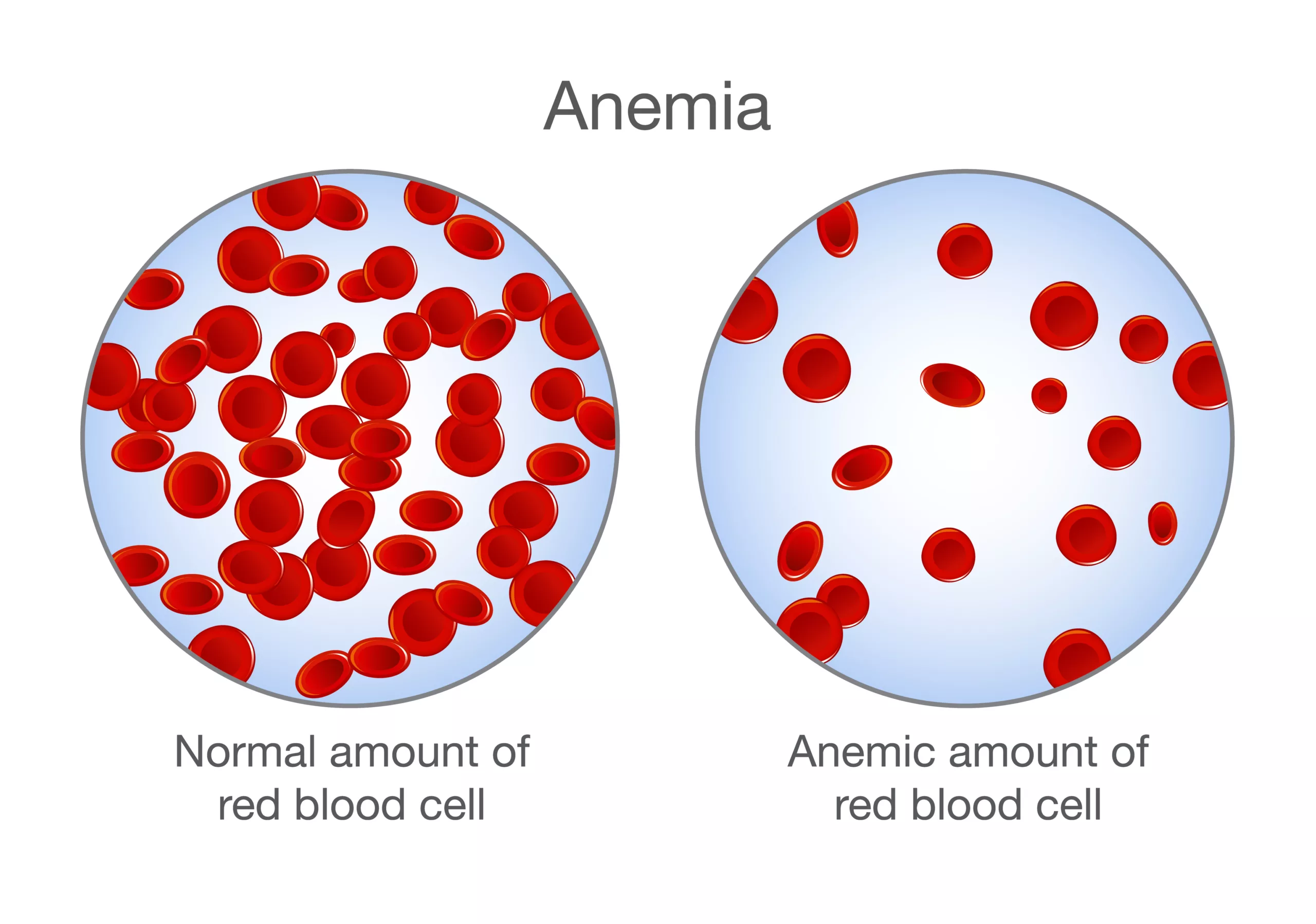Benign Hematology
Benign hematology refers to the study and treatment of non-cancerous (benign) disorders of the blood and blood-forming tissues. These conditions involve abnormalities in blood cells, bone marrow, or the clotting system that are not cancerous and generally do not involve uncontrolled cell growth (as seen in malignant hematological cancers like leukemia or lymphoma). While these conditions may cause symptoms, they are typically manageable and do not spread to other parts of the body.
Key Types of Benign Hematological Disorders
Anemia
Anemia is a condition where you have fewer red blood cells than normal, or the red blood cells do not function properly. This leads to reduced oxygen transport throughout the body, causing fatigue, weakness, and other symptoms.
Types of anemia include:
- Iron-deficiency anemia: Due to low iron levels in the body, which is necessary for red blood cell production.
- Vitamin B12 or folate deficiency anemia: Caused by a lack of vitamins that are essential for red blood cell production.
- Hemolytic anemia: Where red blood cells breakdown or are destroyed faster than they can be made.
- Aplastic anemia: A rare disorder where the bone marrow does not produce enough blood cells.
Autoimmune Hemolytic Anemia
This is a condition in which the immune system mistakenly destroys healthy red blood cells, leading to anemia. It is often treated with medications to suppress the immune system.
Clotting Disorders
These disorders affect the blood’s ability to clot properly, leading to either excessive bleeding or abnormal clotting.
- Hemophilia: A genetic disorder where the blood doesn’t clot properly, causing prolonged bleeding after injury or surgery.
- Vitamin K deficiency: A deficiency in vitamin K, which is crucial for clotting factor production, leading to excessive bleeding.
- Mild bleeding disorders: These can also result from problems with clotting factors, such as factor V Leiden (a genetic clotting disorder).
Hereditary Hemochromatosis
A condition in which the body absorbs too much iron from food, leading to iron overload. Over time, excess iron can damage organs like the liver, heart, and pancreas.
Platelet Disorders
Platelets are essential for blood clotting, and disorders can lead to abnormal bleeding or clotting.
- Thrombocytopenia: A condition where there are too few platelets, which can lead to easy bruising, prolonged bleeding, or spontaneous bleeding.
- Essential thrombocythemia: A disorder where the body produces too many platelets, potentially increasing the risk of abnormal clotting, which can lead to strokes, heart attacks, and pulmonary embolism.
Sickle Cell Disease (Sickle Cell Anemia)
A genetic condition where the red blood cells are shaped abnormally (like a crescent or sickle) and can block blood flow, leading to pain, anemia, and other complications.
While it is an inherited disease, it is considered a benign hematological disorder, as long as it is managed and complications are prevented.

Visual comparison of healthy vs. anemic red blood cells—one of the most common benign hematological disorders.
We’re Here to Help You Feel Your Best
If you’ve been diagnosed with a benign blood disorder or are experiencing unexplained symptoms, our team is here to help. We offer expert evaluation, personalized treatment, and ongoing support for a wide range of non-cancerous hematologic conditions.
For more information on diagnosing and managing benign blood disorders in the Charleston area, request an appointment or contact our team through one of our locations below.

